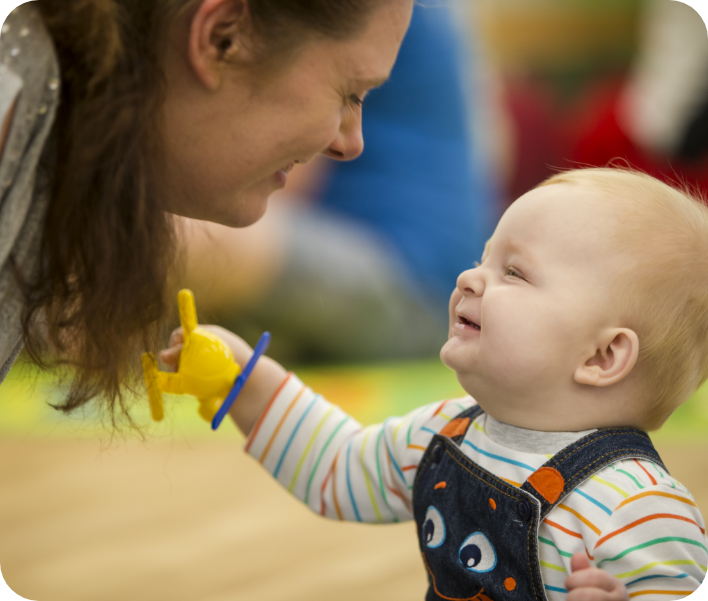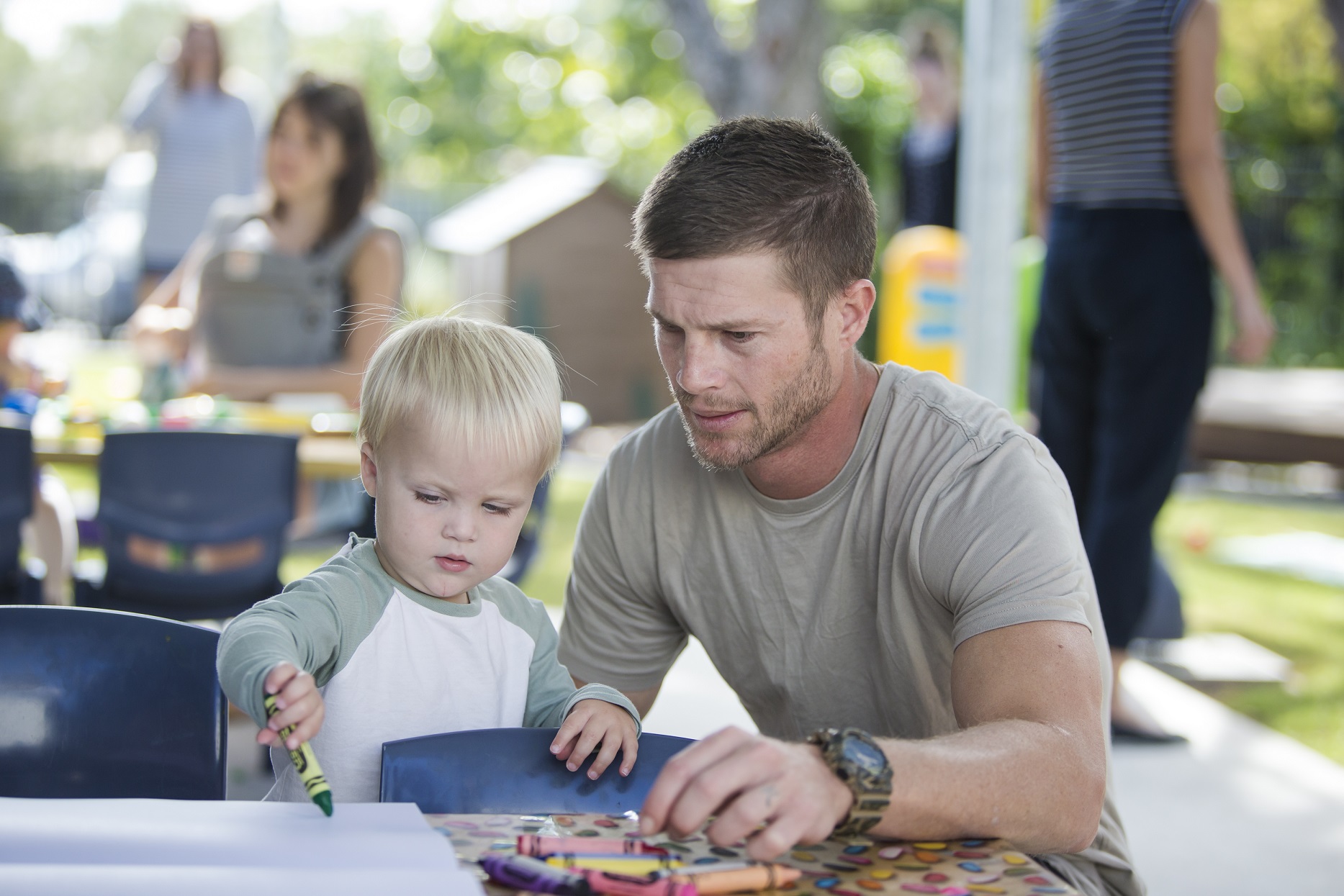.jpg)
Theory of Change
Play Matters > About > Theory of Change
Play Matters Australia believes that play is a fundamental right of children and a prerequisite for healthy child development.
Science of Play
As our name suggests, at Play Matters Australia, we believe that play is a fundamental right of children and a prerequisite for healthy child development. Jean Piaget (1896-1980), the influential Swiss child psychologist, famously said, “Play is the work of childhood”. Dr Peter Gray (2013) identified the five most agreed-upon characteristics of human play based on descriptions used by prominent play scholars:
- Play is self-chosen and self-directed
- Play is intrinsically motivated - means are more valued than ends.
- Play is guided by mental rules, but the rules leave room for creativity.
- Play is imaginative.
- Play is conducted in an alert, active, but relatively non-stressed frame of mind.
Thanks to our advancing understanding of the brain development of the human child, the link between freely-chosen play and healthy development is now universally recognised.

Play is universal; however, how it looks different between cultures. Suppositions that children's play was simply practising adult behaviours have now been disproved through advances in neuroscience.
Learning through play is different to being taught. The act of play works directly on brain flexibility and adaptability. Play impacts cognitive, emotional, and social development. These propensities are active in both children and adults (Ryan & Deci, 2017). The Early Years Learning Framework (COAG, 2009d) recognises the importance of play-based learning and that “families are children’s first and most influential teachers.” An important role for parents and carers, as a child’s first teacher, is challenging and extending child-led play. Child-led play with effective adult support is a major protective factor for children.
An extensive body of literature exists about the different types of play and their impact on child development. Understanding the different types of play and their contribution to fine motor skills, hand-eye coordination, language skills, social skills, cooperation, problem-solving, and physical and emotional wellbeing is a central mechanism for change in the Play Matters Australia Theory of Change.

Our Theory of Change
The Play Matters Australia Theory of Change consists of a logical chain of evidence that leads from theories proven through science (developmental neuroscience and the science of play), experimentation (social determination theory), and long recognition and usage (ecological systems theory). This provides a strong foundation to develop evidence-informed ‘mechanisms of change’ that are embedded in any proposed interventions to optimise the likelihood of activities delivering measurable outcomes.
All Play Matters Australia programs work with both carers and children. As well as quality play, our focus is on building opportunities for healthy social support and strong community connection for parents and carers. These are the building blocks for resilient families, children, and communities based on a protective- and risk-factors approach to intervention. Some social/environmental conditions facilitate human flourishing (protective factors), and some social/environmental conditions hinder human flourishing (risk factors). No single risk factor corresponds to a specific outcome.
The interaction of personal and environmental factors, and their cumulative impact over time, either generates a generally positive or negative developmental trajectory for the individual. The life trajectory of individuals can be influenced at any time in their lives; however, intervention is more successful the earlier it is undertaken. An optimal development trajectory is achieved by enhancing protective factors and reducing and mitigating risk factors.
This community prevention and early intervention approach uses a community development methodology to engage and build the capacity of local parents and carers, while building efficient service networks based on trust and relationships, and effective referral processes based on need.
“Play is the work of childhood”
Jean Piaget - Influential Swiss Child Psychologist



